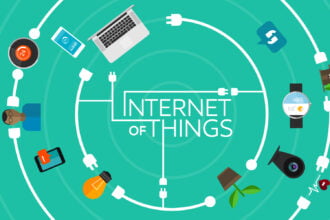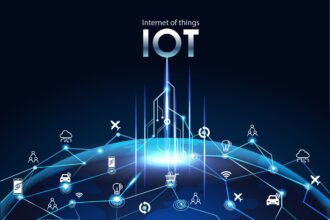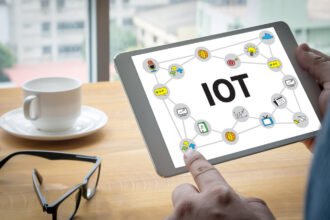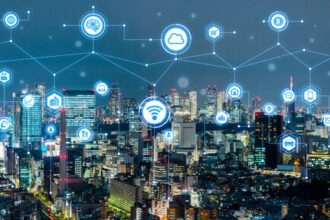In 1973, a dozen military officers convenient at the Pentagon to discuss a new technology, which would be used to trace objects with satellites. This technology created the foundation for modern GPS systems that are used in cars. Nearly 20 years later, the technology was finally made available to the public. Over the past 26 years, GPS devices have simplified our lives.
Do to new advances with the Internet of Things (IoT), technology evangelists are discovering new applications for GPS technology. GPS devices will continue to change our lives in fascinating ways.
Here are some interesting ways that GPS technology and the Internet of things are merging to transform the world.
Providing navigation systems for the blind
The American Foundation for the Blind reports that there are several new GPS systems that can help the visually impaired. They provide a unique solution for blind people that are struggling to get around.
“Most GPS navigation platforms do not include a full set of features and functions for travelling with a cane or guide dog. In this section we will introduce you to three mobile GPS navigation apps, one for Google Android and the other two for Apple iOS, which have been designed from the ground up to accommodate the special needs of the vision impaired. All three of these apps have been extensively reviewed in AFB’s AccessWorld, and we will provide links to each of these articles as we briefly introduce them here. We will also take an in depth look at the enhanced functionality offered by these “blindness aware” mobile apps, and demonstrate how purchasing and installing one or more of them can enhance your mobility and make independent travel easier, safer, and much more enjoyable.”
Tracking devices for parents
The Internet of Things gives helicopter parents new tools to monitor their children. New tools allow parents to connect their home vehicle’s GPS system to remote monitoring units in their home. These tools are perfect for parents that want to keep tabs on teenage drivers. Here are some important uses:
- They can make sure their teens are where they claim they are. If they forbid them from seeing a troubled friend or boyfriend, they can use these trackers to make sure they are complying.
- They can make sure their children are abiding by the speed limit.
- Parents of younger children can use tools such as “The Lassy Project” to find them if they go missing.
More parents are expected to use these tools to keep their children safe in the coming years.
Setting better insurance premiums
Insurance actuaries are always trying to construct clearer risk profiles of their customers. GPS navigation devices allowed them to track driving behavior of their customers. They have started allowing customers to voluntarily install these units on their vehicles, in exchange for the chance to lower their premiums. According to GPSWox, this has benefited many customers that follow safe driving habits In the future; they will likely make GPS tracking systems mandatory.
However, recent polls from Pew Research have found that most customers are hesitant to support these tracking systems, because they feel it compromises their privacy.
“Some 45% say they would find the following trade-off of personal information for benefits to be not acceptable: Your insurance company is offering a discount to you if you agree to place a device in your car that allows monitoring of your driving speed and location. After the company collects data about your driving habits, it may offer you further discounts to reward you for safe driving. An additional 37% say it would indeed be acceptable, while 16% say their decision would depend on the circumstances.”
Insurance companies may have difficulty requiring customers to participate in these programs, unless they can compel state governments to mandate them.










